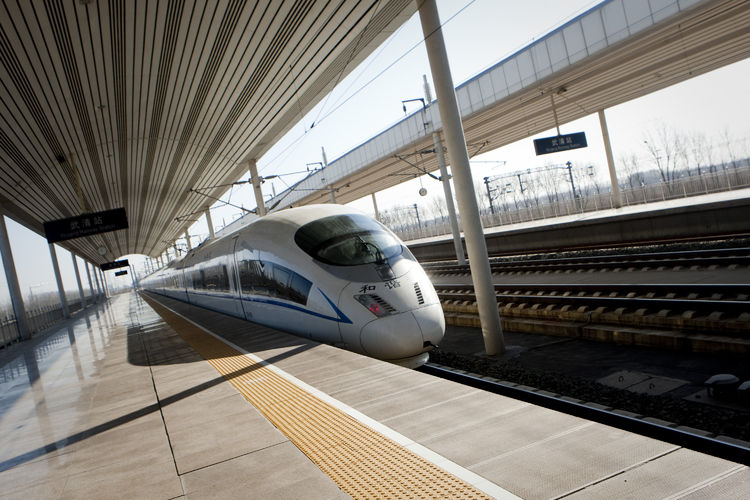- Experts Fault in planned $15b Rail Projects
Experts in the transport sector yesterday faulted the $15 billion planned railway projects by the Federal Government and some state governments, saying they lacked participatory and development indices.
For them, the projects’ sustainability can only be assured if Nigerians are allowed to properly participate in the execution phase, which will lead to manpower and local content development.
Speaking yesterday in Lagos at the first international rail conference organised by Planet Projects Limited, the experts raised the alarm that previous projects failed due to the aforementioned pitfalls, while Nigerians continue to miss out on huge opportunities in the sector.
Ogun State governor, Ibikunle Amosun, however, unveiled the Ogun Light Rail Project, a project he said would rev up its current $20 billion Gross Domestic Product to $100 billion in a space of 10 years.Already, the phase one of the project, according to Amosun, was being planned for delivery and commissioning within quarter one, 2019.
Addressing the theme of the conference, ‘Nigeria’s Railway Industry – Moving from the 19th to 21th Century: Challenges and Opportunities’, Minister of Transportation, Rotimi Amaechi, said the current administration would follow the vision of the 25-year railway master plan to overhaul the system.
Nigeria is regarded as one of the only countries with about 200 million people and is estimated to become the third largest country in the world by 2050, but lacks an efficient transportation system.
Amaechi said the current transformation in the sector would open up rail transportation in the country and create a level playing ground for investors, adding that government ha approved a programme that would allow Nigerians participate in the development and create knowledge sharing and apprenticeship platform to tackle necessary challenges.
But Managing Director, Planet Project, Abiodun Otunola, insisted that though the sector was worth over $100 billion and could drastically solve the unemployment challenge in the country, Nigerians were not being carried along to take opportunities the sector presents. “Everybody talks about power, but the poor transportation accounts for 30 per cent increase in cost of goods,” he said.
This, he noted, had eaten deep into the purchasing power of the average Nigerian and consumed huge man-hours, as Lagosians spend three out of every 10 years in traffic.Amosun added that one of the strategic ways the state has identified for growing its GDP to $100 billion was through the provision of an inter-city rail network.
The network, which is expected to be about 332 kilometres, will connect Agbara to Berger, Ogere to Sagamu, Berger and Ojota, while another phase will connect Abeokuta to Sagamu and Ijebu-Ode, Ijoko, Ifo and Abeokuta, and another line from Ijoko to Sagamu down to Ijebu-ode.
“I am happy that everybody has realised that there is only one way to go. Look at the population of Nigeria, but there is only about 40,000 kilometers of railway. We are happy that the Federal Government has started something, but this is not the first time we have seen initiatives like this. We only pray that they follow through,” he said.
He said the first phase of 102.3 kilometres would connect the state capital to Sagamu and Ogere to Berger, to address the traffic situation along the Lagos-Ibadan expressway, which has annual average daily traffic of about 40,000 and over two million worshipers monthly.

 Forex3 weeks ago
Forex3 weeks ago


 Naira2 weeks ago
Naira2 weeks ago
 Billionaire Watch2 weeks ago
Billionaire Watch2 weeks ago




 Naira2 weeks ago
Naira2 weeks ago




 Naira2 weeks ago
Naira2 weeks ago




 Naira1 week ago
Naira1 week ago




 Naira4 weeks ago
Naira4 weeks ago




 Naira3 weeks ago
Naira3 weeks ago






















